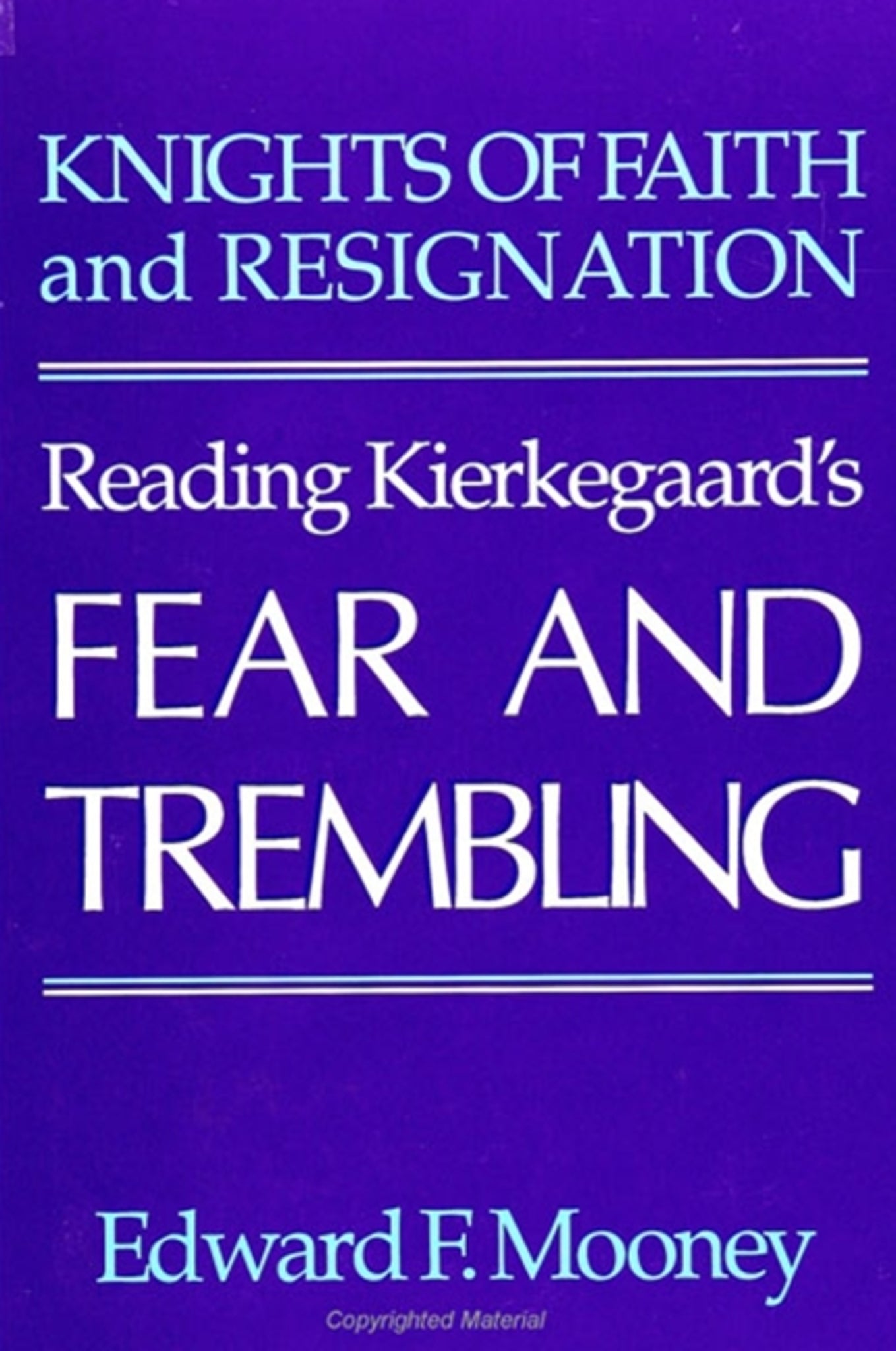We're sorry. An error has occurred
Please cancel or retry.
Knights of Faith and Resignation

Some error occured while loading the Quick View. Please close the Quick View and try reloading the page.
Couldn't load pickup availability
- Format:
-
03 July 1991

Knights of Faith and Resignation brings out the richness of Kierkegaard's creative invention, the contemporary relevance of his contrasts between resignation and faith, and his probing conceptual analysis of aesthetic, moral, and religious psychology and life-perspectives. And in tracing Kierkegaard's analysis of objectivity, subjectivity, virtue ethics, passion, dilemmas, commitment, and self-reflection, Mooney brings out a striking convergence between Kierkegaard and analytic philosophy - the tradition of Socrates, Kant, and Wittgenstein, and its more contemporary practitioners, writers like Charles Taylor, Thomas Nagel, Stanley Cavell, Bernard Williams, and Harry Frankfurt.


"Apart from the excellent style and clarity of exposition, what I like best about this book is the remarkable success with which the author probes a classically problematic text, and not only brings it into clear relation with Kierkegaard's other principal texts, but also relates its themes to those of current work in moral philosophy. The book evinces an impressive command of the relevant literature, both specifically Kierkegaardian and that pertaining to deep moral issues currently debated." — Alastair Hannay, University of Oslo
"This is a wonderful book: insightful, reflective, profound. I would not have thought it possible for anyone to say anything truly original about Kierkegaard's most widely-read and familiar work. Nonetheless, Mooney succeeds beyond reasonable expectation." — George R. Lucas, Jr., Clemson University
Preface
Acknowledgments
Note on Translation
1. Masks and Commitment: An Introduction
The Writer and His Masks
Reason in Transformations
The Christian Assumption
An Overview
2. Ordeals of Meaning: Art, Deed, and System
Preface: Commerce, Spirit, and Hegel's System
Attunement: Finding the Symbolic Key
Speech in Praise of Abraham: Art and Admiration
3. Ordeals of Love: Preamble from the Heart
The Knight and His Princess
Finite/Infinite, Temporal/Eternal
Resignation vs. Faith
Proprietary Claim and Selfless Concern
Receptivity and Return
The Absurd
Abraham: Dread and Joy
4. Ordeals of Reason and Ethics: Dilemmas and Subjectivity
Preserving Fear and Trembling
Sarte and Dilemma
Universal and Particular
Abraham's Silence
Subjectivity and Reason
5. Ordeals of Reason and Ethics: Suspensions and Faiths
Suspension as Dilemma
Irrationality, Faith, and the Fanatic
Refusing God
Faiths, Secular, and Religious
6. Ordeals and Reconciliations: Getting Isaac Back
Resignation, Humility, and Value
Suspending the Universal: Individual Worth
Gift and Giver
Essential Humanity: The Universal Returned
7. Ordeals and Reconciliations: Faith and Moral Virtue
Clarifications
Kant, Kierkegaard, and Hidden Inwardness
The Invisible Knight
The Tale Retold
8. Ordeals of Silence: Ethics and Transformations
Disclosure
Marks of the Ethical
The Limits of Ethics
Ethics Transformed
9. Ordeals of Silence: Faith and Concealments
Silences Once More
Kinds of Concealment
Writing and Redemption
10. From Socrates to Abraham: An Epilogue
Notes
Bibliography
Index



